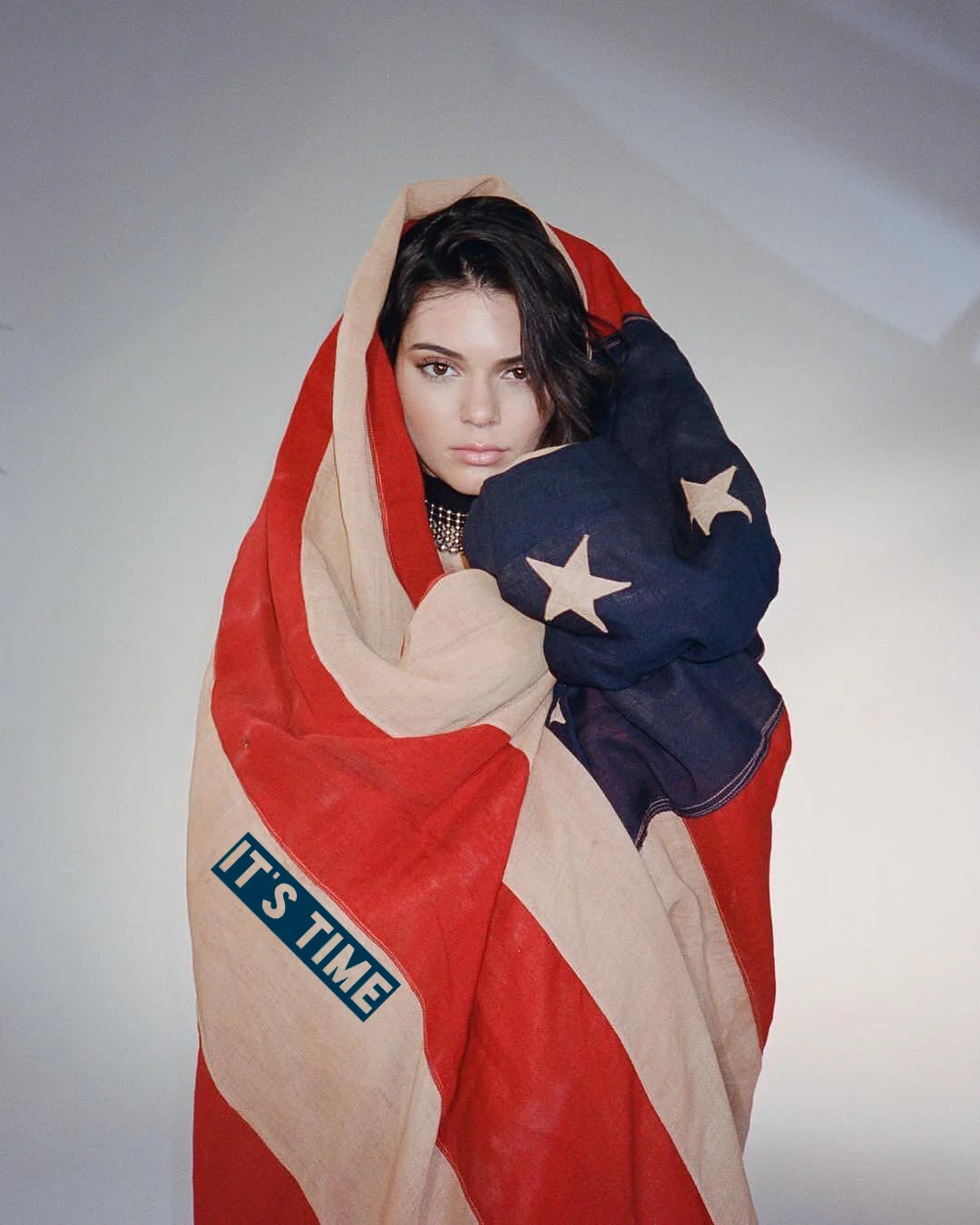Read This, Not That
-SJB
4 min read
In early September 2018, former President Barack Obama made a speech that would go down in history as surprising, revolutionary, and, above all, controversial.
Analyzing the speech from a purely literary point of view, it’s easy to articulate the point of controversy. Put simply, Obama played the “Who Did It Better?” card: he blatantly compared his former presidency to the current one, a matter which has never been spoken about by a former president before. The result was a series of mixed reviews, ranging from thinking the speech was petty, to raving about its profundity.
As humans, it seems only natural that we often compare things. Comparison is cited to be a survival technique, and can help us manage tricky situations (like deciding between a classic Givenchy bag or Maison Margiela’s new hologram pouch).
But to what extent? How long can we qualify comparison as natural and necessary?
Has society become comparison-addicts?
All our lives, we are taught to always choose the better option. Comparing colleges, jobs, and even relationships has, over time, become societal second nature.
Those that don’t carefully compare their options are looked down upon: they are considered indecisive, unorganized, and, at times, unsuccessful. But do the comparisons ever end?
In the world of marketing, comparison is a tool used to promote businesses. Apple, named one of the biggest culprits, frequently runs ads blatantly comparing their products to Microsoft, Samsung, and several other companies.
At first, Apple compared brand personalities. In 2006, the company ran an ad featuring a styled Mac user, and an unpolished PC user. The ad was meant to project a simple message: if you’re on trend, you have a Mac, not a PC.
The most recent Apple comparison ad, run in April 2018, bashed Samsung’s new Galaxy S9 phone in comparison to the iPhone X. Without mentioning the Galaxy by name, Apple compared the two products, highlighting the superiority of the iPhone X. Samsung responded to the criticism by streaming an ad in which an iPhone user decides to buy a Galaxy phone.
Sometime in between those two ads, the American Marketing Association (AMA) released an intriguing statistic. Their 2015 research showed that comparison ads actually have much less benefit than marketing experts were hoping: the AMA states, “In-market research...shows that engaging stories that highlight the benefits of the advertised brand are more effective than stories involving the competitive product or side-by-side comparative ads.”
This information was released to the public in 2015, and was readily available to the marketing teams of Apple, Samsung, and Microsoft, 3 years before the 2018 battle.
So why the game of tag? With the information sufficient to stop the “he said it first” campaign, why do the quarrels continue? In a world where the better option is always the most desirable, is it possible to quit the comparison addiction?
The ultimate fashion comparison lies in the hands of countless magazine editors: the “Who Wore It Better?” column, featuring two high-ranking celebrities wearing the same outfit. In .43 seconds, Google yields 167,000,000 results for this topic alone. The purpose? A brazen, outright comparison.
Julia Roberts and Kourtney Kardashian, both debuting a baby blue Sandro suit. Dua Lipa and Gigi Hadid, matching in Versace catsuits. Alessandra Ambrosio and Rihanna, posing in a black Versace mini dress. Endless votes, comments, and “likes” and “dislikes” streaming in by the dozens, boldly snatching the attention of the comparison-addicted (but fashion-savvy) millennials.
But why use the word “addiction?” If comparison began as a necessary and natural tool for survival, what could be the harm in being comparison-hungry?
Urban Sophistication, a fashion brand started by Tel Aviv-based siblings, derives its main campaign from this question. Titled “Screenshots,” the latest drop of merchandise debuted hoodies, sweatshirts, and phone cases adjourned with a “Smoking Kills” warning. However, instead of the usual anti-smoking phrase, the merchandise reads, “Social Media seriously harms your mental health.”
“The inspiration came from observing how much we, our friends — and literally almost all of us — are so deeply affected by social media: ...constantly checking what other people are up to and taking SCREENSHOTS of the things that make us go #want,” designers Neta and Elad Yam told Paper Magazine.
A study by Holly B. Shakya and Nicholas A. Christakis tracked 5,208 Americans and their happiness levels in correlation with social media use. They found that, by means of comparison, an increase in social media behavior was deeply associated with a future decrease in mental health.
The social media platforms increase anxiety and depression among users, and contribute to mental health issues. Users look at other pages’ pictures, enormously consumed by the depiction of someone’s else life, and uselessly compare it to their own.
Few of us would like to admit that we are comparison-addicts. We excel in work because we thrive on pros and cons, venn diagrams, and charts. We pride ourselves on choosing the best colleges, the best jobs, and the best apartments. All of those decisions are accomplished by means of comparison.
But sometimes, those comparison skills slide into other categories. Researching two colleges becomes researching two body types. Studying two jobs becomes studying two relationships. Exploring two apartments becomes exploring two personalities.
We must refrain from using the same skills that we use for statistics on ourselves. When comparing, we must remind ourselves that we are human, and unlike other attainments, our bodies, relationships, and personality cannot be compared to someone else’s. Iyanla Vanzant famously said, “Comparison is an act of violence against thy self.” And she’s absolutely right.
It’s time to put down the measuring tape.
SHARE:








